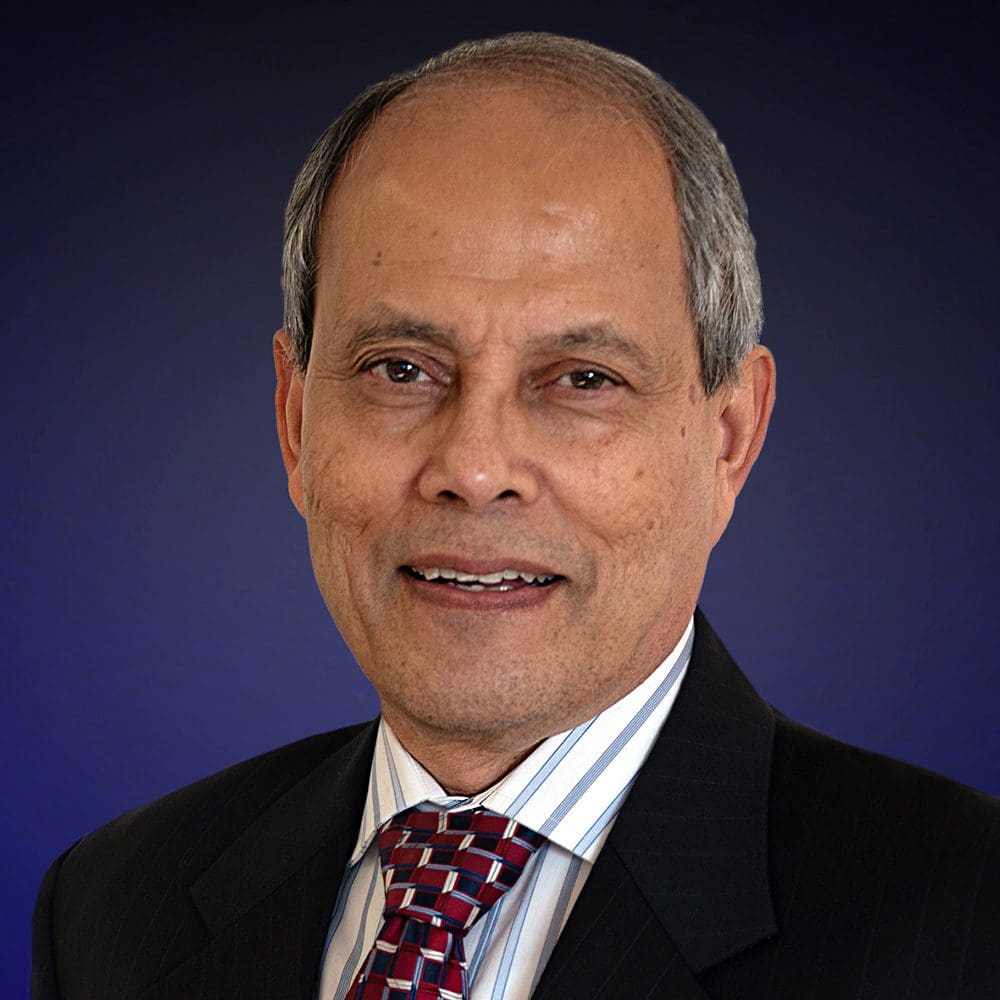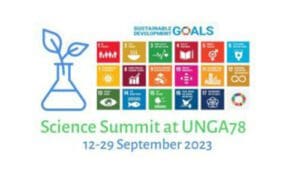About the IEEE Session
Hosted by IEEE, the “Opportunities: Renewable Oceans, and Sustainable Maritime Industry Initiatives“ session presents a unique opportunity to bring together a consortium of experts, industry leaders, and innovators dedicated to addressing the ocean’s technical and climate change policy challenges.
To reach ocean sustainability requires many different actions from marine-based carbon dioxide removal (mCDR) to the maritime industry actions to address ocean pollution and environmental sustainability.
This session will include a blend of insightful speakers, engaging panel discussions, and opportunities to discuss what is currently underway to address ocean sustainability and maritime industry actions on what policies and regulatory actions are needed to support a sustainable ocean.
Expected Outcomes
This session will identify the technical and policy challenges that ocean sustainability is currently facing, outline roadmaps, and identify areas where further work is still needed.
The first panel will result in a summary of what is needed to enable MRV for mCDR. This summary of technical and policy challenges will inform an upcoming workshop organized by IEEE Oceanic Engineering Society, in which domain experts will explore in detail the technology steps needed for effective MRV to be applied at the scales needed.
The second panel will discuss the challenges that maritime decarbonization has encountered. For example, electrification, where applicable, offers flexibility to this end but requires formulation of the regulatory and green electricity pricing policy framework so that the maritime sector is aligned with the electric energy market rules. Including identifying new types of electric grids that need to be developed for shipping ports and onboard ships to meet decarbonization targets.
Keynote Speaker

Saifur Rahman
2023 IEEE President & CEO
Professor Saifur Rahman is the founding director of the Advanced Research Institute at Virginia Tech, USA, where he is the Joseph R. Loring Professor of Electrical and Computer Engineering. He also directs the Center for Energy and the Global Environment at the university. He is a Life Fellow of IEEE and an IEEE Millennium Medal winner. He was the president of the IEEE Power and Energy Society (PES) for 2018 and 2019.
Panels
Opportunities: Ocean-Climate Solutions – IEEE Oceanic Engineering Society (OES)
The session will introduce the need, importance, and technical and policy challenges associated with marine-based carbon dioxide removal (mCDR). Starting with a broad introduction and its relation to the SDGs, speakers will focus on its social relevance, government issues, monitoring, reporting and verification of mCDR and will highlight the importance of the interaction between industry, technology, and policy. CDR alone also isn’t enough. We still need emission reduction first, renewable shipping propulsion and CDR.
All pathways to meeting the Paris Agreement targets require substantial amounts of CDR. The ocean is the largest carbon sink on the planet and holds the potential to supply a substantial fraction of the required sequestration, but the required technologies are immature. Additionally, MRV is technically challenging, yet essential to prove the required technologies and support effective data-based policy and governance.
Moderator & Speakers

Christopher Whitt
Opening Remarks
President IEEE Oceanic Engineering Society (OES)

Giulia de Masi
Moderator
IEEE WIE (Women in Engineering) Propel Laureate

Romany Webb
Speaker
Deputy Director, Sabin Center for Climate Change Law

Adam V. Subhas
Speaker
Woods Hole Oceanographic Institution

Matthew Eisaman
Speaker
Associate Professor, Department of Earth & Planetary Sciences, Yale University

Will Burt
Speaker
Chief Oceans Scientist, Planetary Technologies
Sustainable Maritime: Decarbonization via Electrification in Marine Transportation
The maritime sector has been proven one of the most easily adaptable sectors towards the target of decarbonized sustainability. Thus, emissions and fuel consumption of vessels are monitored on a constant basis, while a bunch of measures towards green shipping are under consideration or have already been implemented e.g. low sulfur oil, alternative fuels, extensive electrification, energy saving methods and devices, treatment of GHGs, etc. However, the adaptation measures engage a significant cost on the one hand while in certain cases, they either be proven insufficient or having adverse side-effects not foreseen in advance.
The maritime industry panel will focus on case studies and examples of what is being done to address the implementation of sustainable shipping and port solutions to reduce their environmental impact on the ocean.
Moderator & Speakers

John Prousalidis
Moderator
National Technical University of Athens (NTUA)

Leonidas Demetriades-Eugenidis
Speaker
IMO Ambassador of Greece

Ricardo Batista
Speaker
European Commission – Directorate General for Mobility and Transport, Brussels – Belgium

Zeno D’Agostino
Speaker
President of the Ports of Trieste and Mon Falcone

Dr. Alex Papalexopoulos
Speaker
President & CEO of ECCO International Inc.
Agenda
Tuesday, 19 September 2023
- 2:00 – 2:30 PMWelcome and Keynote Speech
- 2:30 – 3:30 PMOpportunities Panel
- 3:30 – 4:30 PMSustainable Maritime Panel
- 4:30 – 4:45 PMSession Closing Remarks
Registration and Logistics
You can view the full program of events without registering but to join any Virtual or In-Person session you need to register with the UN to attend. Registration will allow you to select the sessions you want to attend. Only by selecting the session, you will see the button link to access the Virtual meeting Zoom Video Stream.
Each session will be offered and recorded via Zoom. The recording and the slide decks used during the session will be posted on the UN Science Summit webpage as well as this page. A summary of this session will be published in the 9th Science Summit’s Proceedings.
About the UN Science Summit
The 9th edition of the Science Summit is being held around the opening of the 78th United Nations General Assembly (UNGA78) on 12 – 29 September 2023.
The 2023 Summit focuses on the role and contribution of science to attaining the United Nations Sustainable Development Goals (SDGs) as its central theme. The objective is to develop and launch science collaborations to demonstrate global science mechanisms and activities to support the attainment of the UN SDGs, Agenda 2030 and Local2030.
The sessions held at the Summit will examine what enabling policy, regulatory and financial environments are needed to implement and sustain the science mechanisms required to support genuinely global scientific collaborations across continents, nations, and themes. Scientific discovery through the analysis of massive data sets is at hand. This data-enabled approach to science, research and development will be necessary if the SDGs are to be achieved.
The results of the Summit sessions will be published as proceedings and submitted to the United Nations Summit of the Future for inclusion in the UN progress report on SDG implementation. The UN Summit of the Future will take place during UNGA79 beginning on 12 September 2024.
The 9th Science Summit will have over 300 sessions offered during the 14-day period.


